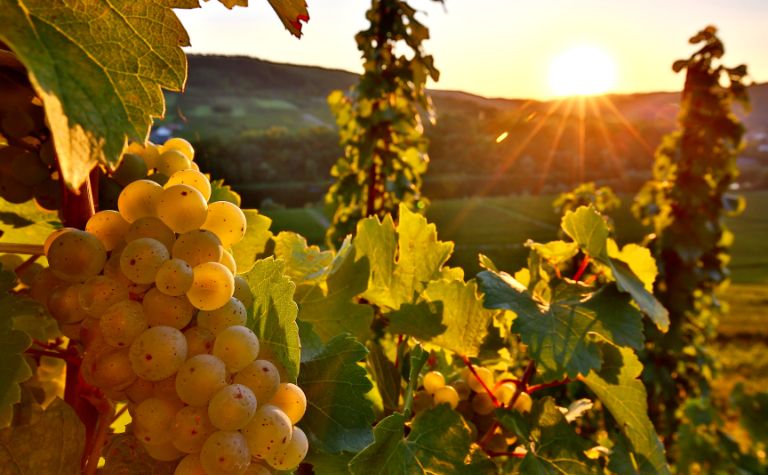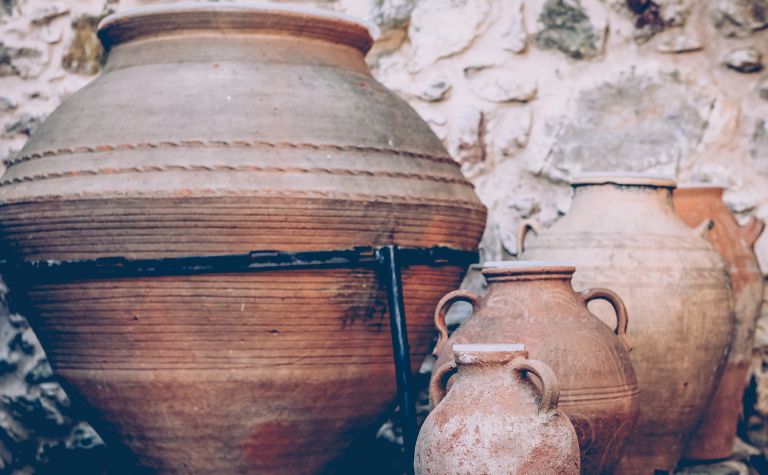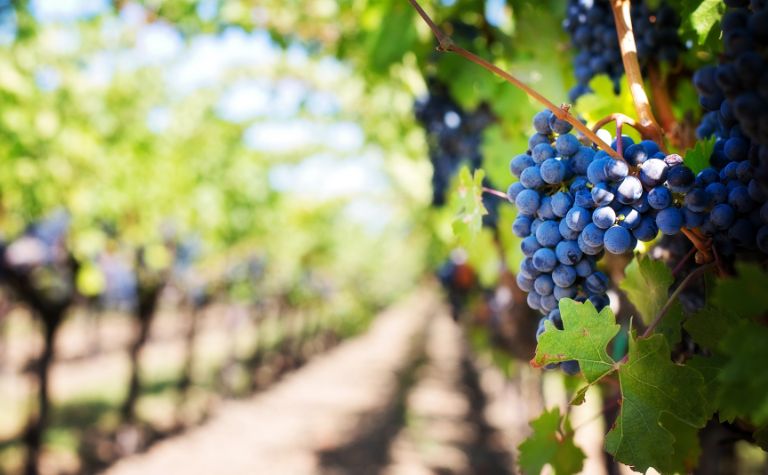Jesus’ miracle of turning water into wine, which he performed at Cana, is one of the most well-known stories of his ministry. For many Bible readers, other miracles he performed, like healing the afflicted and multiplying food, are self-explanatory. Yet many people want to know why Jesus used his supernatural power to turn water into wine.
Jesus changed water to wine not only to provide for the wedding party but for greater theological reasons related to himself. The timing of his first miracle marked an important moment in Jesus’ ministry and the quality of the wine signaled the arrival of the kingdom of God.
Why is the timing of Jesus’ first miracle so important? Why did he rebuke his own mother, Mary? Why did he make so much high-potent wine? Keep reading to learn the answers to these questions and others.
Also see Was Jesus Christ Poor? to learn more.

Jesus’ first miracle at the wedding in Cana
The setting of Jesus’ first miracle of changing water to wine is a wedding. The ceremony occurred in the village of Cana in the region of Galilee. Jesus, his mother Mary, and his disciples attended the wedding, likely at the invitation of one of the families (John 2:1).
Sometime during the wedding celebration, which in that culture could last a week or more, a crisis occurred: the wine ran out. In the first century, the groom’s family was commonly responsible for providing guests with food and drink. Running out of wine was not only dire in the moment but could poorly reflect on the new couple socially for a longer period of time.
Mary informed Jesus about the unfortunate turn of events (v. 2). Her concern may suggest that she was related to, or friends with, one of the families whose son or daughter was getting married. This may also explain her ability to give instructions to servants later in the passage (v. 5).
Others suggest that Jesus, Mary, and the disciples attended the wedding because Nathaniel may have been related to, or friends with, one of the families whose son or daughter was getting married. This is based on John’s later revelation that Nathaniel was from Cana (21:2).
Also see Was Jesus Homeless? to learn more.

What “hour” does changing water to wine signify for Jesus?
Jesus’ response to Mary doesn’t mention his inability to help with the crisis, but the timing of his “hour.” This implies that there is something much greater connected to Jesus’ first miracle than simply making water become wine.
Addressing his mother in a formal manner and with perhaps a slight rebuke, Jesus responded, “Woman, what does this have to do with me? My hour has not yet come” (v. 4). Jesus’ statement is similar to saying “my time has not yet come.”
What did Jesus mean when he referred to his hour? Jesus’ “hour” is significant in John’s Gospel. It mostly refers to his arrest, trials, death, resurrection, and glorification.
Also see How To Be Christlike to learn more.
- John 7:30, “So they were seeking to arrest him, but no one laid a hand on him, because his hour had not yet come.”
- John 8:20, “These words he spoke in the treasury, as he taught in the temple; but no one arrested him, because his hour had not yet come.”
- John 12:23, “And Jesus answered them, The hour has come for the Son of Man to be glorified.”
- John 13:1, “Now before the Feast of the Passover, when Jesus knew that his hour had come to depart out of this world to the Father, having loved his own who were in the world, he loved them to the end.”
Yet some scholars hold that in this passage, Jesus’ “hour” refers to the beginning of his public ministry because the miracle he is about to perform is his first one. Either way, “hour” refers to the timing of an important revelation about who Jesus is and what he came to earth to do.
Changing water to wine and providing for the wedding party signified a greater reality for Jesus’ purposes. Jesus knew that such a miracle would begin to reveal his identity, which would trigger a cascading sequence of events, culminating in religious and civil authorities conspiring to kill him.
How does Mary respond to Jesus? Mary didn’t answer Jesus directly, but said to the servants, “Do whatever he tells you” (v. 5). Her words reflect submission to Jesus’ response. Mary may not completely understand what Jesus’ “hour” means, but yielding to his answer demonstrates faith.
One New Testament scholar writes, “Mary is rebuked for presuming on a family tie, yet displays faith that is perfectly content to leave the matter in Jesus’ hands… Mary approaches Jesus as his mother, and is reproached; in 2:5, she responds as a believer and her faith is honored.” [1]
Mary’s faith-filled submission compels Jesus to act. Before her instructions to the servants, Jesus said it wasn’t his hour. After she speaks, he acts upon her request and signals that his hour had arrived.
Also see Is Jesus a Demigod? to learn more.

Why did Jesus make so much wine?
Scholars estimate that Jesus’ miracle produced between 100-150 gallons (500-750 liters) of wine. This was an extraordinary amount for an average wedding party in the first century. Why did Jesus make so much of it?
In the Old Testament, large quantities of wine signaled the arrival of the long-awaited Messiah. By producing large quantities of wine, Jesus is signaling that Old Testament descriptions of the Messiah’s arrival are fulfilled in him.
- Isaiah 25:6, “On this mountain the Lord of hosts will make for all peoples a feast of rich food, a feast of well-aged wine, of rich food full of marrow, of aged wine well refined.”
- Amos 9:13, “Behold, the days are coming, declares the Lord, when the plowman shall overtake the reaper and the treader of grapes him who sows the seed; the mountains shall drip sweet wine, and all the hills shall flow with it.”
- Jeremiah 31:12, “They shall come and sing aloud on the height of Zion, and they shall be radiant over the goodness of the Lord, over the grain, the wine, and the oil, and over the young of the flock and the herd; their life shall be like a watered garden, and they shall languish no more.”
Does the quantity of wine suggest excessive drinking? The amount of wine that Jesus makes doesn’t permit excessive amounts of alcohol consumption. Instead, it conveys the fruitfulness of vineyards and harvests in general.
Rich harvests characterized a high quality of life in ancient Israel. Failed harvests, through drought or destruction, produced hard times and low quality of life. These passages teach that when the Messiah arrives, it will be a good time for Israel.
Jesus uses wedding and wine imagery elsewhere in his teaching. In response to a question about fasting, Jesus explains that the nature of his ministry is new. He uses the imagery of a wedding (e.g. Mark 2:19) and wine (e.g. Mark 2:22) to describe the significance of his ministry and purpose.
What does the quality of the wine symbolize? The master of the feast responded favorably to the wine Jesus made. He reflects on the fact that at most parties, the good wine (i.e. less diluted with water) is served first and the poor wine later. “But you have kept the good wine until now” (John 2:10).
Some scholars hold that the quality of the wine reflects the perfection of the miracle. [2] To make diluted wine may have suggested that Jesus possessed lesser power.
Other scholars believe there is more symbolism to high-potent wine, such as Jesus’ identity and work are of much more significant substance than anything before him. [3]
Also see What Is the Gospel of Jesus Christ? to learn more.
References:
[1] The Gospel According to John by D.A. Carson. p. 173.
[2] E.g. John George Beasley-Murray
[3] E.g. John Herman Ribberbos
Related Articles
The crucifixion of Jesus Christ is one of the most important events in the Bible. Jesus' death on the cross, as well as his resurrection from the dead, are the climactic moments in the New Testament...
Tattoos are common today in the Western world, and people in other cultures have been permanently marking their bodies with images, designs, and words for thousands of years. People had tattoos long...
